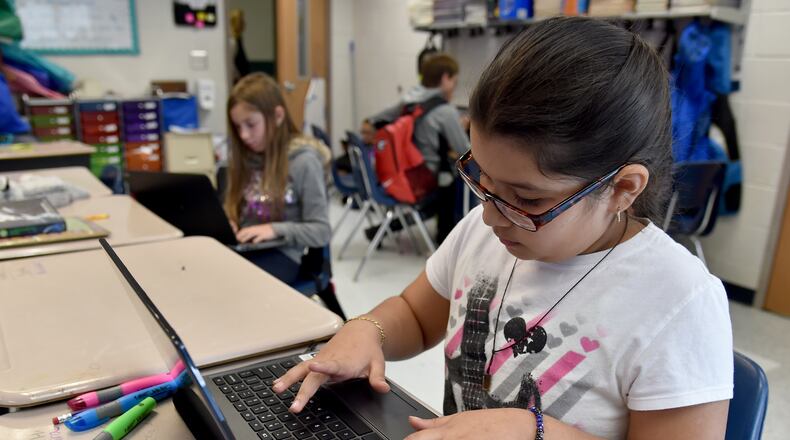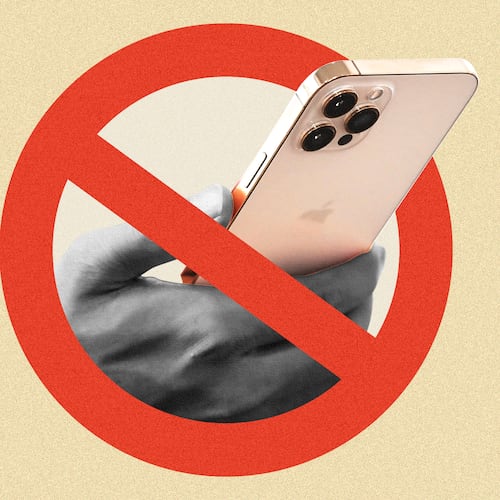Parents who grew up reading books in, well, books, can be alarmed sometimes by the seductive power of computers on their kids.
Yet schools are continuing to push students onto computers and into ebooks, and it's a trend that is only growing over time.
Critics bemoan the cost and worry about the social consequences while proponents talk up the educational power of technology.
Two new academic studies suggest both the critics and the proponents are off the mark.
In "The Effects of Computers on Children's Social Development and School Participation," Robert W. Fairlie of the University of California at Santa Cruz and Ariel Kalil of the University of Chicago, measure what happened to the social lives of more than a thousand children in grades six through 10 who were randomly assigned computers for home use.
The bottom line: nothing obviously bad. They found no withdrawal from sports or clubs despite the time spent on computers playing games and seeking entertainment. The kids also used the technology for interaction, through social networking and email with peers.
"We find a significant and positive treatment impact on the number of friends children report communicating with and on the amount of time children report actually hanging out with their friends (in person)," the authors wrote. They speculate that the time devoted to computers could be coming from other things they didn't measure, such as sleep, exercise or family time. It's a subject that merits more study.
In another, unrelated, report, Francisco Gallego of the Pontificia Universidad Catolica de Chile, Paul Gertler of the University of California at Berkeley, Dario Romero of Columbia University and Rosangela Bando of the Inter-American Development Bank, determined that laptops substituted for traditional textbooks in Honduras three years ago made no "statistically significant" difference in learning. But they were cheaper depending upon the number of textbooks they replaced.
"We found textbook replacement with laptops did not affect student learning after one school year using a randomized controlled trial with 271 schools and 6,500 students," they wrote, in "Books or Laptops? The Cost-Effectiveness of Shifting from Printed to Digital Delivery of Educational Content."
"We also implemented a cost-effectiveness analysis to compare expected results of this replacement of textbooks using laptops. Laptops have a higher initial fixed cost than books and impose variable costs, such as electricity, Internet and maintenance. However, the marginal cost of providing additional content decreases."
Books in print are more expensive than their pixelated cousins. And in Honduras in 2013, they found the financial sweet spot for computers was when they substituted for five or more books.
About the Author
Keep Reading
The Latest
Featured


